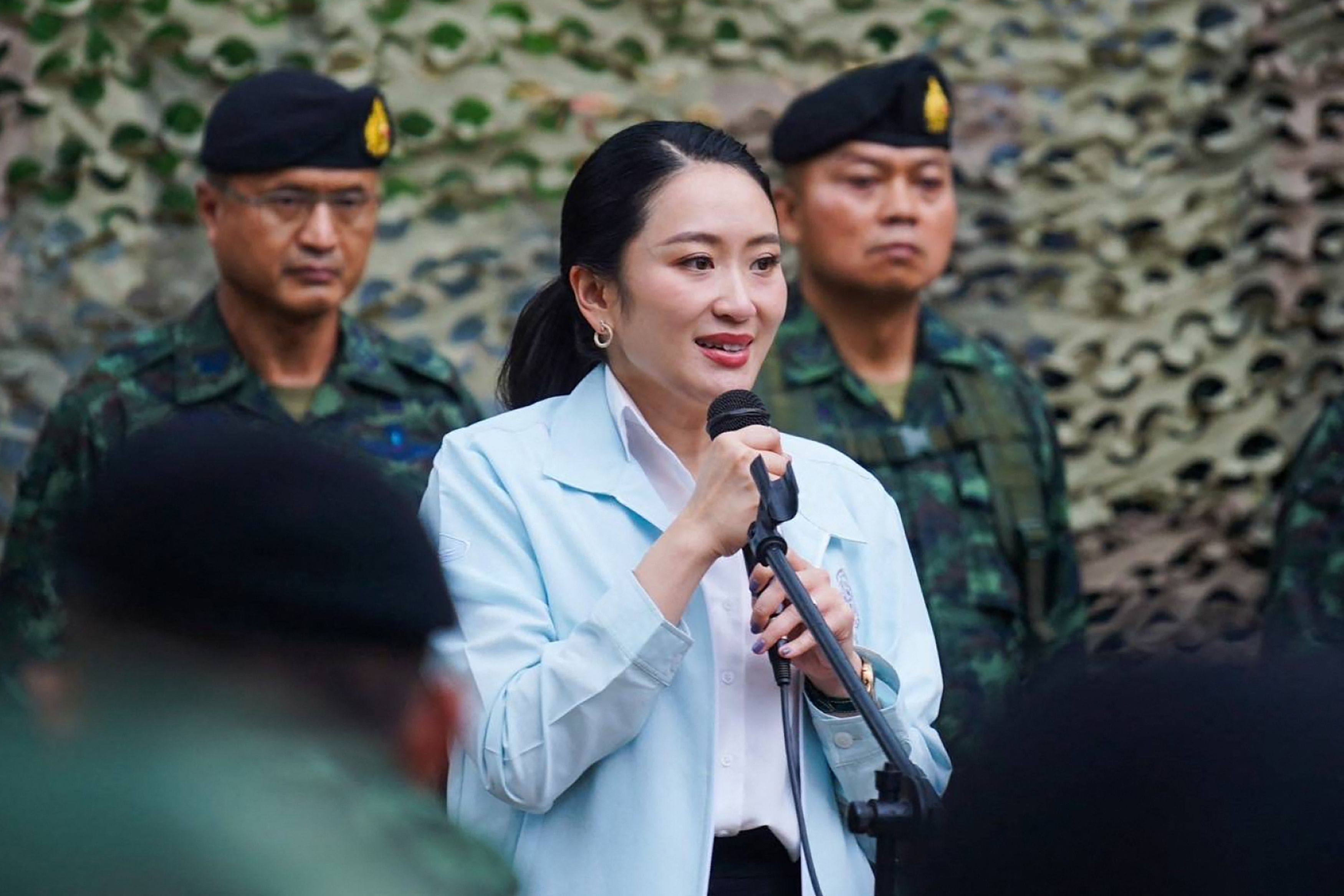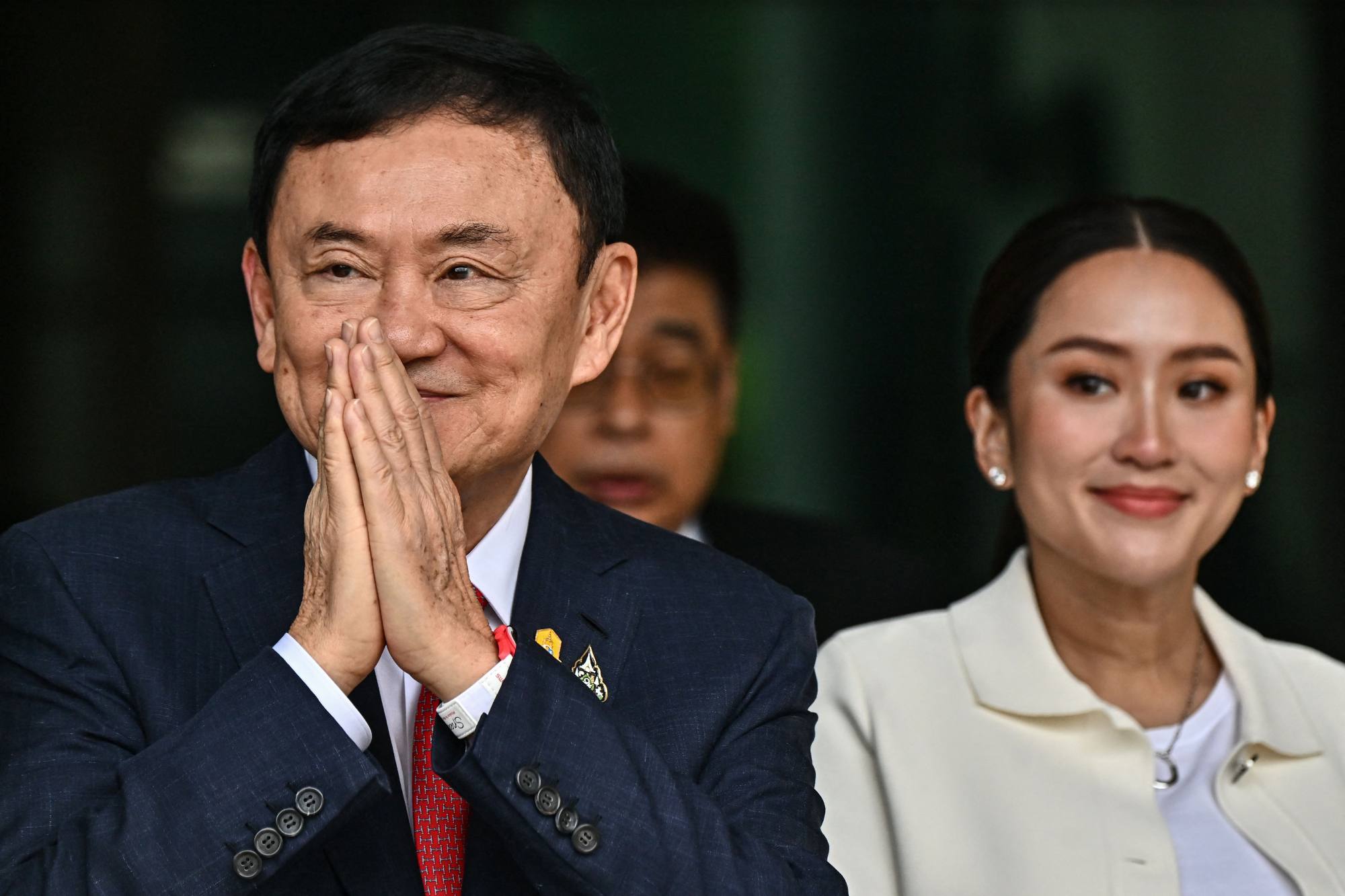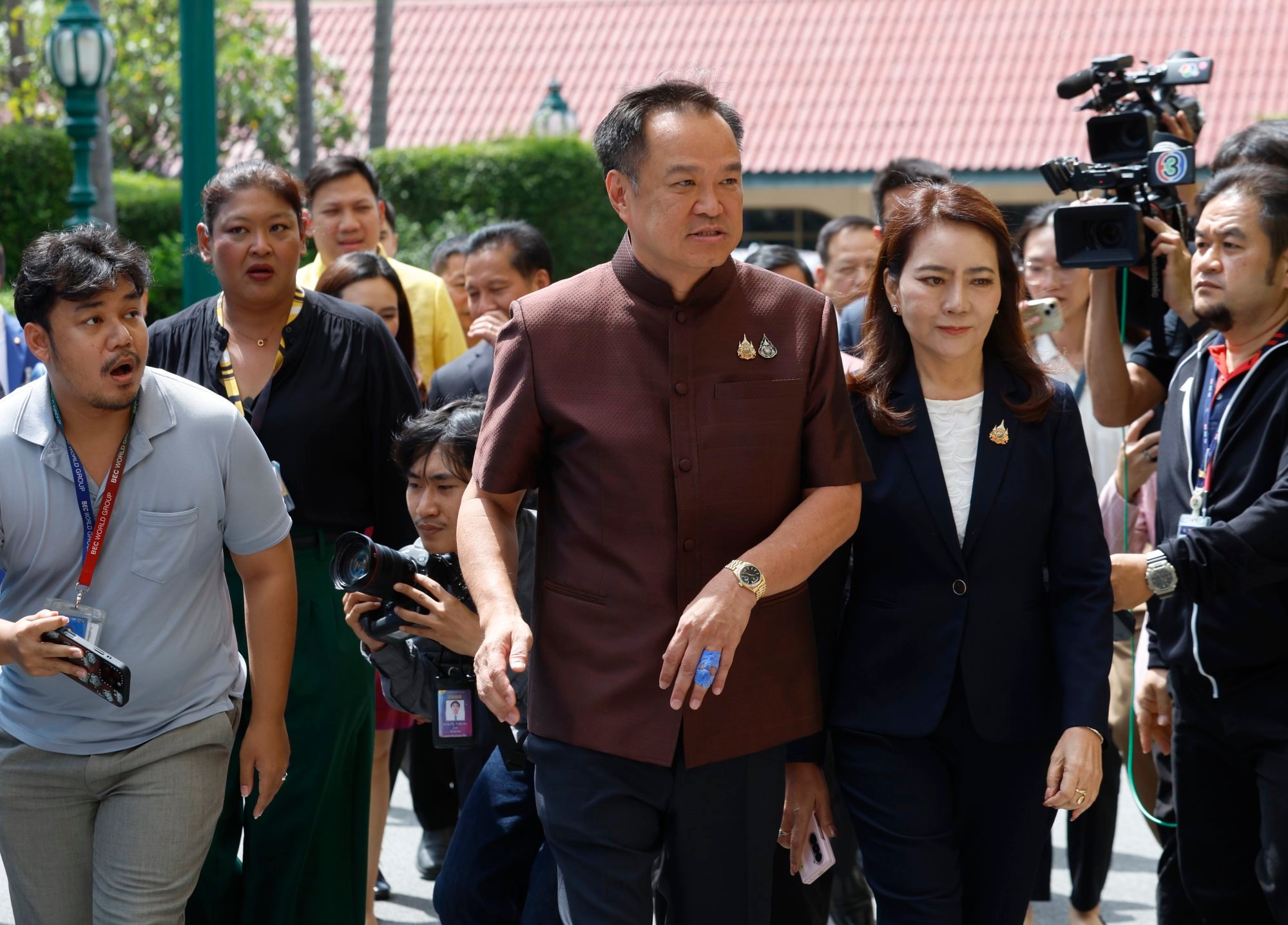Groundhog Day in Thailand as Shinawatra clan faces protests, courts and crisis
Court rulings, street protests and coalition rifts could force Paetongtarn Shinawatra to step down

Thailand’s Prime Minister Paetongtarn Shinawatra is under mounting pressure from protests, court cases, coalition rifts and a spiralling border dispute with Cambodia – a convergence of crises that could determine whether she remains in office.
Paetongtarn, 38, is Thailand’s youngest leader and the daughter of Thaksin Shinawatra, whose two-decade power struggle with the royalist establishment has repeatedly thrown the country into political turmoil.
The return of Thaksin from self-imposed exile in 2023 helped broker a fragile coalition between his Pheu Thai party and former rivals, aimed at blocking the progressive Move Forward Party from power despite its resounding election win.
But that alliance is now unravelling. As old enmities resurface, Paetongtarn’s government is increasingly viewed as being on the brink – raising fears of another short-lived administration and renewed political instability in a country long plagued by power struggles and military interventions.
With political pressures intensifying, several scenarios could unfold in the days ahead. Here’s what to watch for.
The streets
Thailand’s protest movements have played a decisive role in toppling past governments, and Prime Minister Paetongtarn now faces the prospect of rare unified action by two formerly opposing groups.
On Saturday, leaders from the royalist “yellow shirts” and ex-“red shirt” figures including Jatuporn Prompan – once a staunch Thaksin ally – are set to rally in Bangkok demanding her resignation.
The unusual alliance has been driven by public anger over a leaked phone call between the prime minister and Cambodia’s Hun Sen, a long-time ally of her father.
In the leaked conversation, Paetongtarn referred to Hun Sen as “uncle” and described the Thai general overseeing the border dispute as an “opponent”, leading to accusations that she had insulted the military and compromised national interests.
Paetongtarn has apologised for the call, which she described as a private effort to ease border tensions with Cambodia.
The extent and longevity of the coming protests remain to be seen, but large-scale rallies would amp up the pressure on Paetongtarn to resign.
The courts
The Constitutional Court is expected to meet next week to decide whether to hear a case accusing Paetongtarn of breaching the constitution and ethical standards in her communication with Hun Sen.
If the court accepts the case, it could order her immediate suspension from office pending trial.
The same court removed Paetongtarn’s predecessor, Srettha Thavisin, in August last year, clearing the way for her elevation to the premiership.
Thailand’s anti-corruption agency is also investigating whether the leaked call violated ethical standards.

Meanwhile, Thaksin is due to stand trial on Tuesday for alleged royal defamation over a 2015 interview with a South Korean newspaper – a case that carries a potential sentence of up to 15 years in prison.
The coalition
The leaked phone call that set off the current political storm appears to have originated from Hun Sen’s camp, and analysts believe it was deliberately timed to humiliate Paetongtarn amid the escalating border dispute.
The fallout was swift. Within hours, the Bhumjaithai Party – the second largest in Parliament – withdrew its ministers from the administration, dealing a significant blow to the coalition’s stability.
Bhumjaithai leader Anutin Charnvirakul had for weeks appeared on the verge of leaving his post, amid speculation that a cabinet reshuffle would cost him the influential role of interior minister.
Since quitting the coalition, he has pledged to oppose key government initiatives – including a proposed bill to legalise casinos and the coming budget – and has called for a no-confidence vote against Paetongtarn’s leadership.
If she survives the initial court hearings, experts forecast policy paralysis that will slowly grind down her government, while the opposition will call for house dissolution and new elections if she fails to pass the budget and other bills.
The list
If Paetongtarn resigns or is suspended, parliament must choose a new prime minister from a shortlist submitted by parties before the 2023 election, as required by Thai parliamentary rules.
That list includes Pheu Thai’s Chaikasem Nitisiri, a long-time Thaksin loyalist; Bhumjaithai’s Anutin; and Prayuth Chan-ocha, the former army chief who led the 2014 coup and served as prime minister until last year. Although Prayuth now sits on the Privy Council, his return to frontline politics has not been ruled out.

This process could allow Pheu Thai to remain in government – but under a different leader, potentially easing political tensions without forcing a full reset.
The neighbour
What began as a diplomatic row over border demarcation has now spilled into a broader political crisis. Cambodia’s Hun Sen, who officially handed power to his son Hun Manet last year but remains an influential figure, appears intent on humiliating the Shinwatra political clan.
Thailand has closed border checkpoints and cut internet access in affected areas, as bilateral trade slows and military units from both sides deploy near the frontier. With nationalist rhetoric rising and trust between the two governments fraying, fears of a military clash are growing.